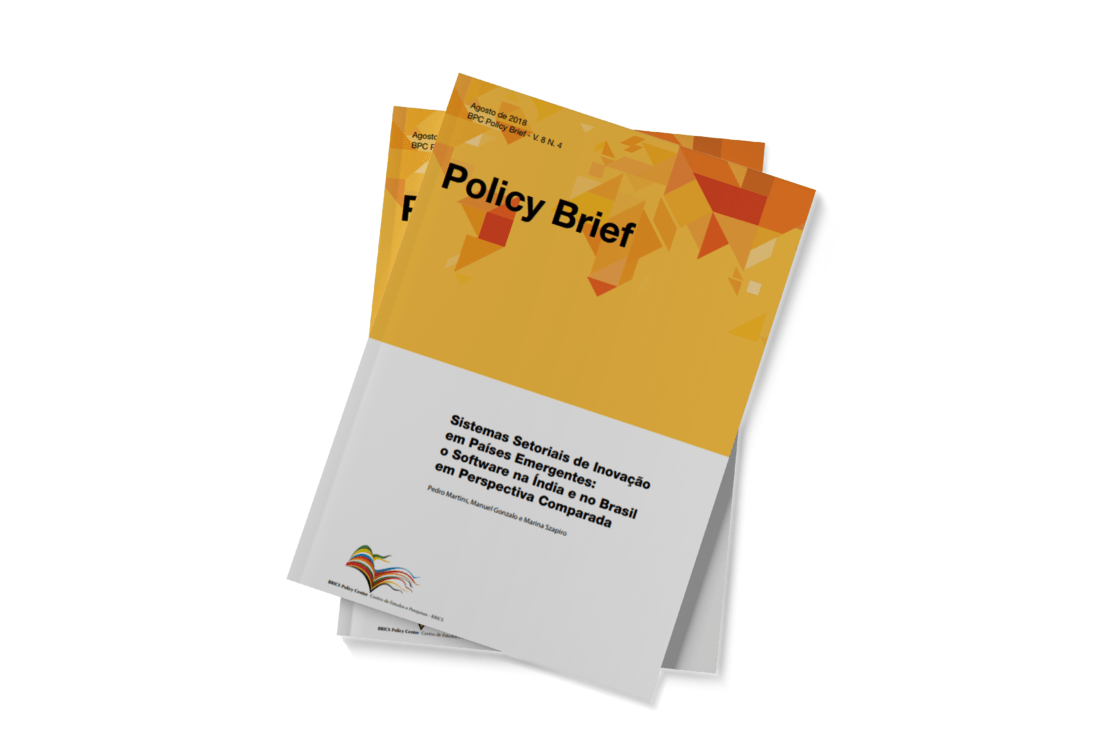
Sectorial Systems of Innovation in Emerging Countries
This policy brief examines Sectoral Innovation Systems (SSI) in software in Brazil and India, two emerging countries where software development is a major economic activity. The goal is to understand the trajectories and key elements of each SSI and to suggest reflections on the Brazilian case. It is evident that the models of development of the software sector are divergent, mainly with respect to: 1) the nature of the demand as source of knowledge; 2) the timing, intensity and scope of public policies; and 3) the business models, management processes and levels of visibility of the firms.
From this analysis, it is argued that, although the success factors of each SSI are strongly idiosyncratic and not easily emulatable in other emerging countries, the Indian case offers some policy insights that can serve as learning for the development of the software sector in the Brazil. Among these insights, the following stand out: international insertion in service segments with higher added value; external competition aimed at consolidating domestic firms in foreign markets, especially at the regional level and in arrangements for integration and South-South cooperation; and exploration of the internal market with the aim of developing local capacities. More broadly, the Indian experience indicates that the performance of the software sector in emerging countries occurs not only as a result of government action (although public policy is essential), but requires the combination of geopolitical insertion, specific characteristics of the innovation system and the existence of entrepreneurial institutional agents capable of exploiting IT opportunities.


